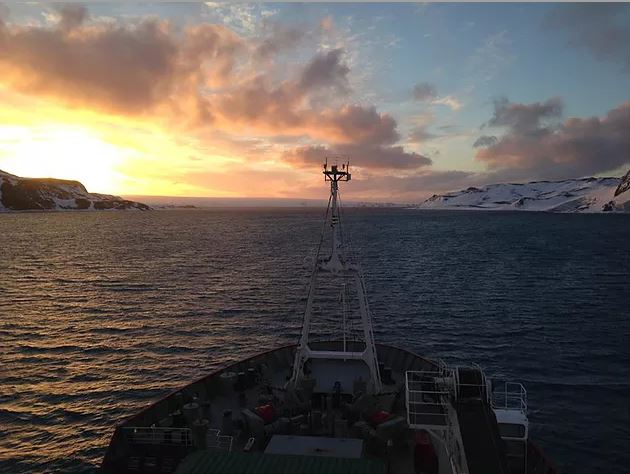by Alethea Mountford
 On a gloriously sunny evening, I sat tucked into the upstairs function room in the Bridge Hotel with a pint in hand. The event kicked off with a live interview with Burhan Shamurad, an Engineering PhD student from Kurdistan. After his undergraduate engineering degree and a year in medical science, he began working with non-governmental organisations in Kurdistan on environmental planning and solid waste management in the region. He spoke about having to travel to and from Baghdad to collect £1.5 million in cash, Facebook messages from Kurdistan’s Prime Minister and his plans for wastewater treatment and environmental waste management. Burhan was a passionate and inspiring speaker, who rounded off his interview by saying that he is working so hard because environmental issues affect everyone in every walk of life and he has the desire to save humanity.
On a gloriously sunny evening, I sat tucked into the upstairs function room in the Bridge Hotel with a pint in hand. The event kicked off with a live interview with Burhan Shamurad, an Engineering PhD student from Kurdistan. After his undergraduate engineering degree and a year in medical science, he began working with non-governmental organisations in Kurdistan on environmental planning and solid waste management in the region. He spoke about having to travel to and from Baghdad to collect £1.5 million in cash, Facebook messages from Kurdistan’s Prime Minister and his plans for wastewater treatment and environmental waste management. Burhan was a passionate and inspiring speaker, who rounded off his interview by saying that he is working so hard because environmental issues affect everyone in every walk of life and he has the desire to save humanity.
Next up, Dr Miguel Morales Maqueda (Senior Lecturer in Oceanography and my PhD supervisor) spoke about plastic pollution in the oceans. He took us on a journey through the history of plastics, global production and pathways for plastic to get into the marine environment. He gave an eye-opening account of the levels of plastic pollution in the oceans, as well as the work that’s being done both at Newcastle University and other institutions to help to catalogue what’s already in the ocean and where it is. Being such a hot topic at the moment, particularly in the media, the audience had plenty of questions and discussions continued at the bar during the drinks break.
Finally, Prof. Grant Burgess (Professor in Marine Biotechnology) introduced us to the natural history of slime. With Newcastle’s history as a ship building area, the need to reduce slime and biofouling on the hulls of ships was very apparent. The world’s oceans have provided us with numerous compounds with biotechnological applications, for example Zovirax, an anti-viral medication from a Caribbean sponge, and Yondelis, an anti-tumour chemotherapy drug from a tunicate. Slime reduction research started with seaweed, leading to the discovery of a natural slime-busting enzyme named NucB. This enzyme has been used in the medical field, primarily for reducing slime growth and associated infection on artificial implants, and even to help large-scale brewing companies with getting rid of yeast slime in their barrels! Mucus also got a special mention for its abilities to degrade coral disease-causing bacteria, and fellow skincare fanatics may have heard people raving about benefits of snail mucin for your skin!
Overall, it was lovely to be able to enjoy science in a relaxed setting, particularly hearing about things that you may be interested in but not actively studying. If you can get along to an event next year I would wholeheartedly recommend it!
